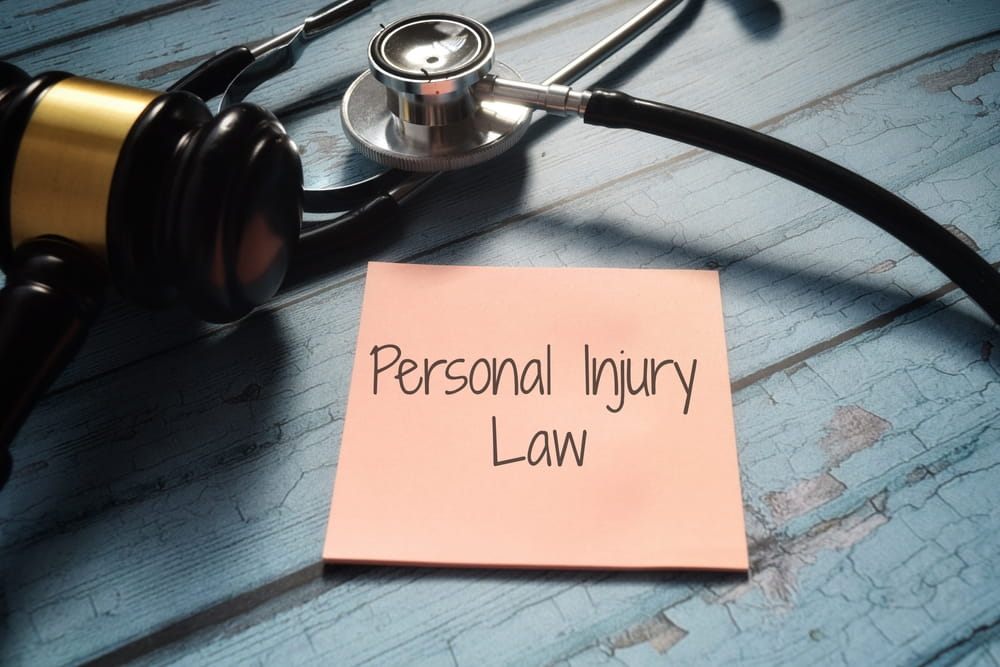Request Submitted
Legal Evaluation Form Submitted
Thank you for submitting a request for a free legal evaluation with an attorney. You will receive a call shortly from one of our representatives to verify your request. If you did not request a free consultation with an attorney or if it was submitted in error, please let the representative know.




